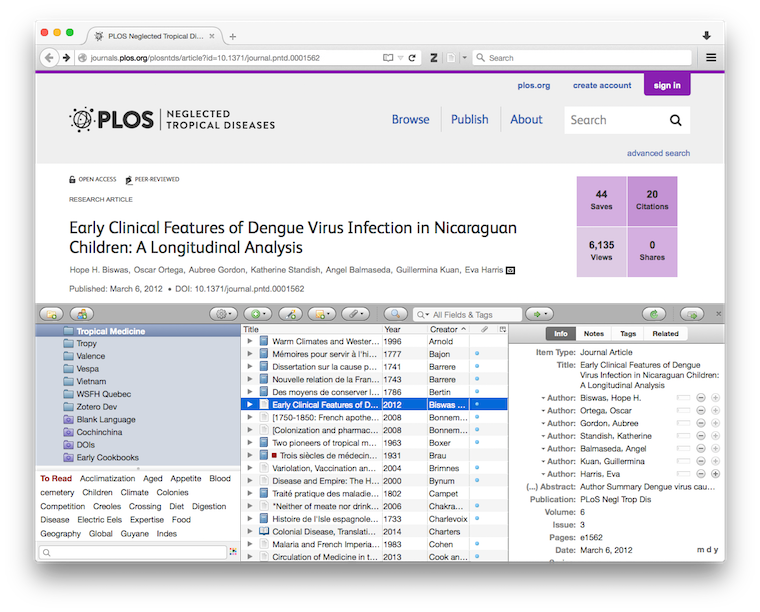

So I created a folder called ‘the power of autoethnography’. I started to write that section but found that it was getting messy and I was covering a number of issues. I then made another section for part of the article which focusses on the power of autoethnography. On the left you can see all of the sections which make up that article. It’s about the ethical issues associated with autoethnography. This is an article I’m writing at the moment. My favourite thing about Scrivener is its core feature: chopping everything into chunks and letting you see the whole of your article at a glance. Just thinking about the never ending scrolling gives me a headache. I cannot say I ever felt this way about Word. I get a buzz when I open up the programme. This, along with the other features I’ve listed below, makes me emotionally tied to Scrivener. “Now you’ve had a little time away, just think what you can write today!”. “You’re going to say something really clever today!”.

Like an old friend, there is my (usually really badly formed) last sentence waiting there for me. But more significantly, it has caused a tangible sea-change in the way that I feel when I sit down to write. Because when I open the programme, whether at home or at work, Scrivener takes me straight to the place that I was when I last closed it down. It has made an amazing difference to the way that I write. Since then I’ve used it to write two journal articles and a book chapter. It’s been 6 months since I made the switch to Scrivener.


 0 kommentar(er)
0 kommentar(er)
